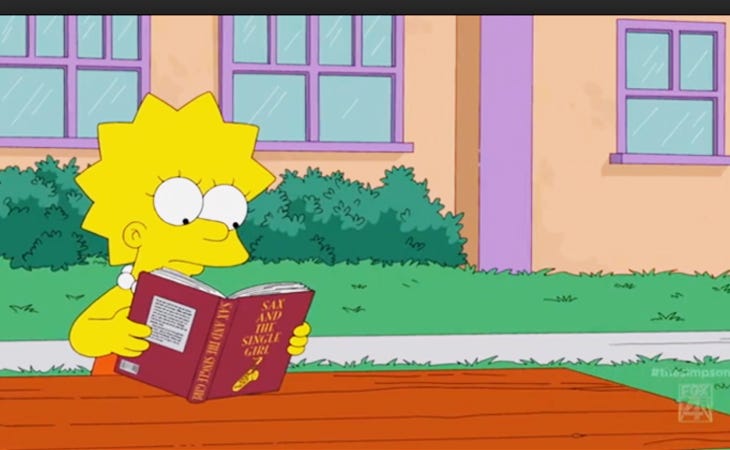What We Read About When We Read About Sex
Banning 'The Diary of Anne Frank' from the classroom doesn't protect childhood. It diminishes it.
This is Clusterhuck, my newsletter about faith, culture and a flourishing future for all! I’m glad you’re here. I can only do this through the support of my readers, and I’m grateful for every one I’ve got. If you’d like to join, just click here. You’ll get a free seven-day trial, including access to all the archives.
Well, a teacher in Texas got fired for assigning an illustrated Diary of Anne Frank to her eighth grade class. District spokesman Mike Canizales informed eighth-grade parents at Hamshire-Fannett Middle School that the teacher was sent home following “concerns regarding curricular selections in your student’s reading class.”
The graphic novel in question includes portions from Anne’s diary where she expresses some curiosity about sex and fantasizes about kissing a female friend. Pretty normal stuff! Not exactly strange for any kid to write about sexual curiosity in their diary (Anne’s entries are a good deal more normal than some of your own childhood diary entries, I’ll bet). Only something as deeply stupid as our current political climate could find it so abnormal as to be a fireable offense.
It’s really something, when you sit back to consider it. A diary that has been read by hundreds of millions of people all over the world — a diary written by a young girl who was killed in the Holocaust — is now deemed troubling for children not because its author was a victim of the darkest horror of the twentieth century, but because she scribbled out some childhood thoughts about her period and kissing girls.
It shouldn’t be lost on any of us that this isn’t by any means a unique situation. Obviously, lots of books are getting banned from schools right now but, more to the point, this isn’t even the first illustrated Holocaust memoir to get the boot. Art Spiegelman’s Maus, which recounts the author’s strained relationship with his father and his father’s own experience as a Holocaust survivor, was kicked off a Tennessee reading curriculum a few years ago. There were apparently concerns over a few scenes in Maus where Jews who have been stripped naked are being marched into prison camps. At the time, a school board member told the New York Times that “It looks like the entire curriculum is developed to normalize sexuality, normalize nudity.”
It’s an interesting statement, and it begs a few questions. What exactly is the concern with “normalizing sexuality?” As opposed to making sexuality stranger, more frightening, a bigger mystery for young minds? Should that be the goal of an education? Must the entirety of the American education system be subject to the heckler’s veto, where one ostensible adult who can’t see an illustration of a naked mouse in a cartoon Auschwitz without thinking of sex gets to decide whether or not everyone else gets to read it?
Keep reading with a 7-day free trial
Subscribe to clusterhuck to keep reading this post and get 7 days of free access to the full post archives.



